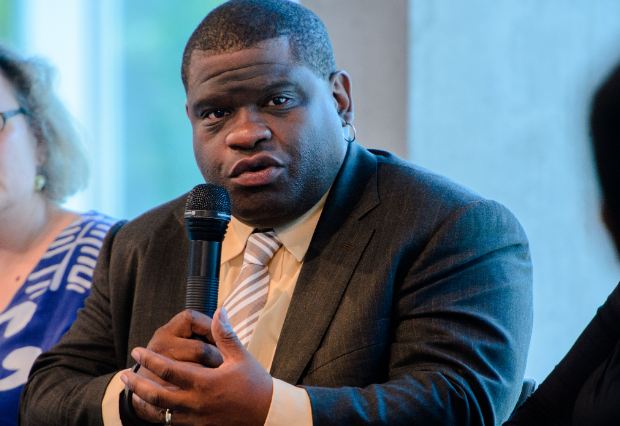How to contact Gary Younge? Gary Younge’s Contact Address, Email ID, Website, Phone Number, Fanmail Address
Hello friends! Are you a follower of Gary Younge? Are you searching on google for How to contact Gary Younge? What is Gary Younge’s WhatsApp number, contact number, or email ID? What is Gary Younge’s hometown and citizenship address? What is Gary Younge’s Facebook, Twitter, or Instagram ID?
Do you have a question; how do I send a fan mail and autograph request to Gary Younge? Please prepare a nice and well-explained autograph request letter. Don’t forget to use simple language and easy-to-understand sentences for quick understanding.
Find out all these things in our article below…
Today I will tell you about HOW TO CONTACT GARY YOUNGE.
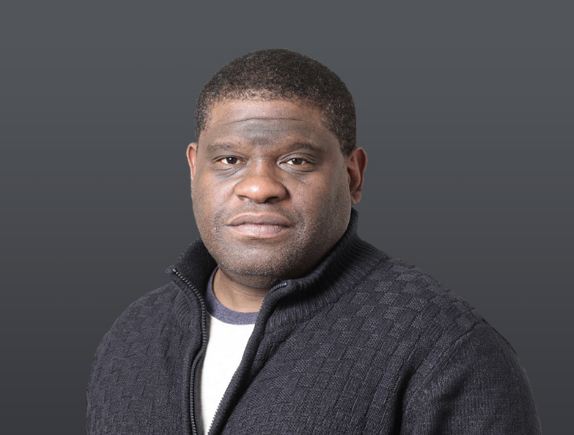
Gary Andrew Younge FAcSS, FRSL, is a British journalist, author, broadcaster, and scholar. He was born in January 1969 in the United Kingdom. In 1993, he started working for The Guardian newspaper, where he eventually became editor-at-large. It was revealed in November 2019 that Younge had been hired as a professor of sociology at the University of Manchester and would be leaving his position at The Guardian due to this appointment.
He worked as a columnist for the publication for twenty years, even though he continued to write for the newspaper; additionally, he contributed articles to the New Statesman. Younge is the author of the books No Place Like Home (published in 2002), Stranger in a Strange Land (published in 2006), and Who Are We – And Should It Matter in the 21st Century? (published in 2011), The Speech: The Story Behind Dr. Martin Luther King Jr.’s Dream (published in 2013), and Another Day in the Death of America (published in 2016).
Younge spent his childhood in the town of Stevenage, Hertfordshire, also where his birth was. His ancestry may be traced back to Barbados. In 1984, when he was 15 years old, he briefly joined the Young Socialists, the Workers Revolutionary Party youth section. However, he left the organization after being harassed by other party members, including allegedly being accused of working for MI5 and claiming that he supported Fidel Castro only because of his ethnicity. In 1985, he became a member of the Young Communist League, the youth section of the Communist Party of China.
Younge left the United States at 17 to volunteer with the nonprofit educational organization Project Trust to teach Eritrean refugees residing in Sudan English. He attended Heriot-Watt University in Edinburgh from 1987 to 1992, majoring in French and Russian. During his time there, he was also elected Vice President (Welfare) of the Student Association, a paid sabbatical role he held for a year.
After completing a brief internship at Yorkshire Television, he joined The Guardian in 1993. Since then, he has reported from various locations throughout Europe, Africa, the United States, and the Caribbean. The Guardian gave him a stipend to study journalism at City University during his last year of college. The funding enabled him to attend City University.1999 saw the publication of his book, “No Place Like Home,” in which he chronicled his journey following in the footsteps of the civil rights movement’s “Freedom Riders.” The book was a finalist for the Guardian First Book Award.
His subsequent books include: Stranger in a Strange Land: Encounters in the Disunited States (2006), Who Are We – And Should It Matter in the 21st Century? (2011), The Speech: The Story Behind Dr. Martin Luther King Jr.’s Dream (2013), and his most recent book, Another Day in the Death of America: A Chronicle of Ten Short Lives (2016), which has been described as a “deeply affecting” account of everyday fatalities among young people across the United States.
It was awarded the J. Anthony Lukas Book Prize by the Nieman Foundation for Journalism and the Columbia Journalism School in 2017. Beneath the Radar” was one of Younge’s columns published for The Nation every month. Younge was included on the 2020 and 2021 Powerlists as one of the top 100 most influential persons of African or African-Caribbean origin in the United Kingdom. Younge was promoted to professor of sociology at Manchester University in the same year.
In addition, Younge will be included on the list of the 100 Great Black Britons in 2020. It was in 2011 that he made a move to Chicago, and he remained there with his immediate family until he returned to the UK in 2015. In 2015, he relocated to Hackney with his wife and two children. He also said that they would be renting a home there. Pat Younge, his brother, had served as the chief creative officer of BBC Vision until being appointed chair of the council at Cardiff University in 2022.
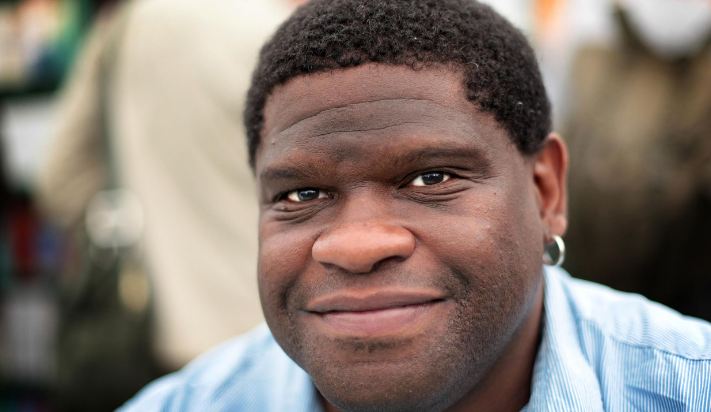
Amid a crisis in the cost of living and a government clamping down on everyone from climate campaigners to immigrants, the question of whether or not significant social change is a possibility right now seems topical. But according to Gary Younge, a journalist, and professor whose latest book, “Dispatches from the Diaspora,” is a collection of material spanning a singular career reporting on race, racism, and movements for justice, the present moment is one in which there is cause for optimism.
Gary Younge is a writer, novelist, and scholar born in Stevenage in 1969. He attended Heriot-Watt University in Edinburgh to study French and Russian before beginning his career at the Guardian in 1993. At the Guardian, he served as both a columnist and an editor-at-large. Following his election as a member of the Royal Society of Literature in 2021, he began his academic career at Manchester University in 2019 as a professor of sociology.
His previous works include the novels “No Place Like Home” (2002) and “Another Day in the Death of America” (2016). The paperback edition of his most recent book, “Dispatches from the Diaspora: From Nelson Mandela to Black Lives Matter,” will be released on March 16th.An outstanding documentary series consisting of four parts that trace the development of hip-hop in the United States and analyze the cultural, political, and economic context in which it first appeared. Chuck D of the band Public Enemy serves as an executive producer for this project, combining an in-depth familiarity with the subgenre with a broad comprehension of the factors contributing to its development.
It was enlightening for me to hear stories about DJ Kool Herc and his father’s sound system and Queen Latifah’s important role in feminizing the industry. When you witness a documentary done well, exposing the socioeconomic history of working-class people and their culture and having that culture addressed intelligently by artists, activists, and intellectuals, you are thankful for the documentary. African American novelist Richard Wright wrote this book in the period between his novels Native Son and Black Boy.
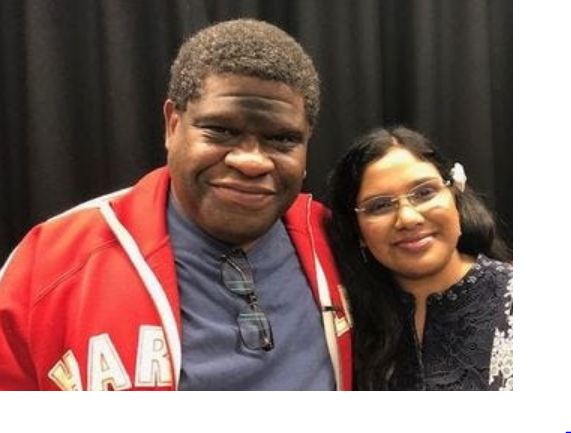
But even though Native Son is now considered a literary masterpiece and Black Boy is still being sold in bookstores, this was never published until today. It relates to the narrative of Fred Daniels, who is captured by Chicago police as he is leaving work, framed for murder, and tortured until he manages to escape and spends a few days living in the sewer. Spoiler alert: it does not end well. His publisher did not want to publish it because he did not believe it would sell well in the United States.
Brighton Pier is like Las Vegas for youngsters. The jangling noises, flashing lights, continuous spinning of Wurlitzers, merry-go-rounds, and different machines that defy gravity all contribute to the excitement and poor decision-making. The same may be said for how I raise my children. I used to bring my kid there, give him doughnuts, and race him on motorcycles and automobiles over arbitrary Floridian circuits shown on the screen.
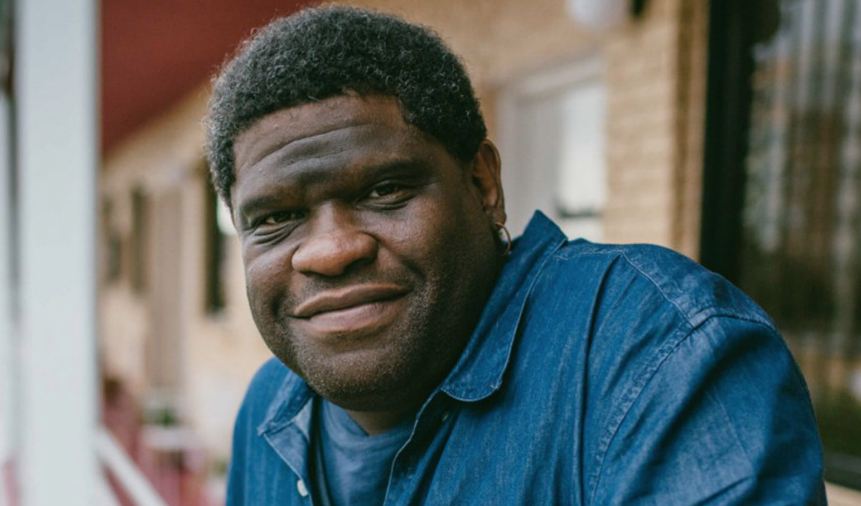
My kid would rather have churros and collect the tickets that would reward her garish crap. These are her two favorite things. After three days of gaming over the half-term break, we were awarded a large banana as a prize. At a minimum, purchasing it will set us back one hundred pounds. It was definitely money well spent. The work I’ve done over the last 28 years pertaining to the African diaspora is collected in a book called Dispatches from the Diaspora.
Therefore, discussions on racial and anti-racial topics, including interviews with Black people, and coverage, analysis, and opinion from the Caribbean, Britain, Europe, the United States, and Africa. To begin, let’s look at the article that helped me get my current position, which covered Nelson Mandela’s first election in 1994. And finally, the last several articles discuss the recent upheaval surrounding the Black Lives Matter movement. Interviews with figures such as Maya Angelou, Bishop Tutu, Stormzy, Angela Davis, and others may be found in the middle of the book.
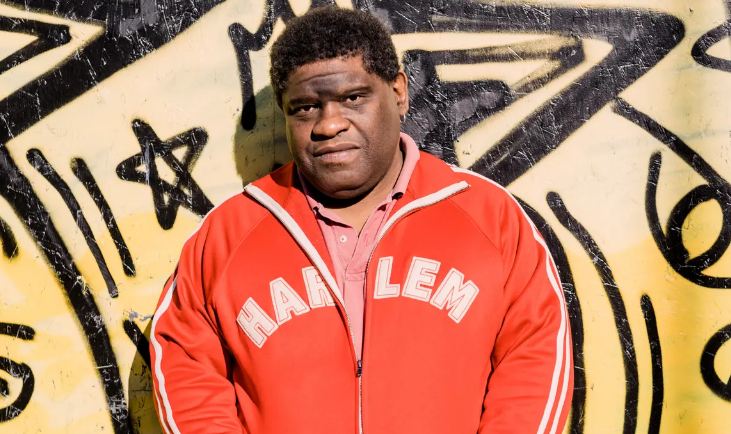
Gary Younge Fan Mail address:
Gary Younge,
Stevenage,
United Kingdom
The Black diaspora and the history of the African diaspora can only be understood about other diasporas and histories. And so there is also intersectionality in that we often interpret these things as different and separate rather than distinct and related. In this regard, I get the impression that there is excessive overlap. This compilation of journalism written by Gary Younge, a scholar and a former writer for The Guardian, serves as a reminder of how much racism has evolved over the years and how much it has remained the same.
The articles span forty years of reporting from the United Kingdom, the United States, and South Africa. The topics range from the world’s reaction to the murder of George Floyd in the year 2020 to an eventful evening spent with Maya Angelou. In addition, Younge delves into the past to investigate actual incidents outside the most well-known chapters in black history. In one of his pieces, he recalls the tale of Claudette Colvin, who refused to move to the rear of the bus months before Rosa Parks did it. However, she was a teenager when she became pregnant, so she could not be a sympathetic test case.
(2) Nickname: Gary Younge
(3) Born: January 1969 (age 54 years), Stevenage, United Kingdom
(4) Father: Not Available
(5) Mother: Not Available
(6) Sister: Not Available
(7) Brother: Pat Younge
(8) Marital Status: Married
(9) Profession: Journalist
(10) Birth Sign: Capricorn
(11) Nationality: British
(12) Religion: Not Available
(13) Height: Not Available
(14) School: Not Available
(15) Highest Qualifications: Not Available
(16) Hobbies: Not Available
(17) Address: Stevenage, United Kingdom
(18) Contact Number: +44 (0)20 7393 4492
(19) Email ID: Not Available
(20) Facebook: https://www.facebook.com/gary.younge.9/
(21) Twitter: https://twitter.com/garyyounge
(22) Instagram: https://www.instagram.com/garyyounge/
(23) Youtube Channel: Not Available
Also Checkout: How to Contact Owen Jones: Phone Number, Contact, Whatsapp, Fanmail Address, Email ID, Website
